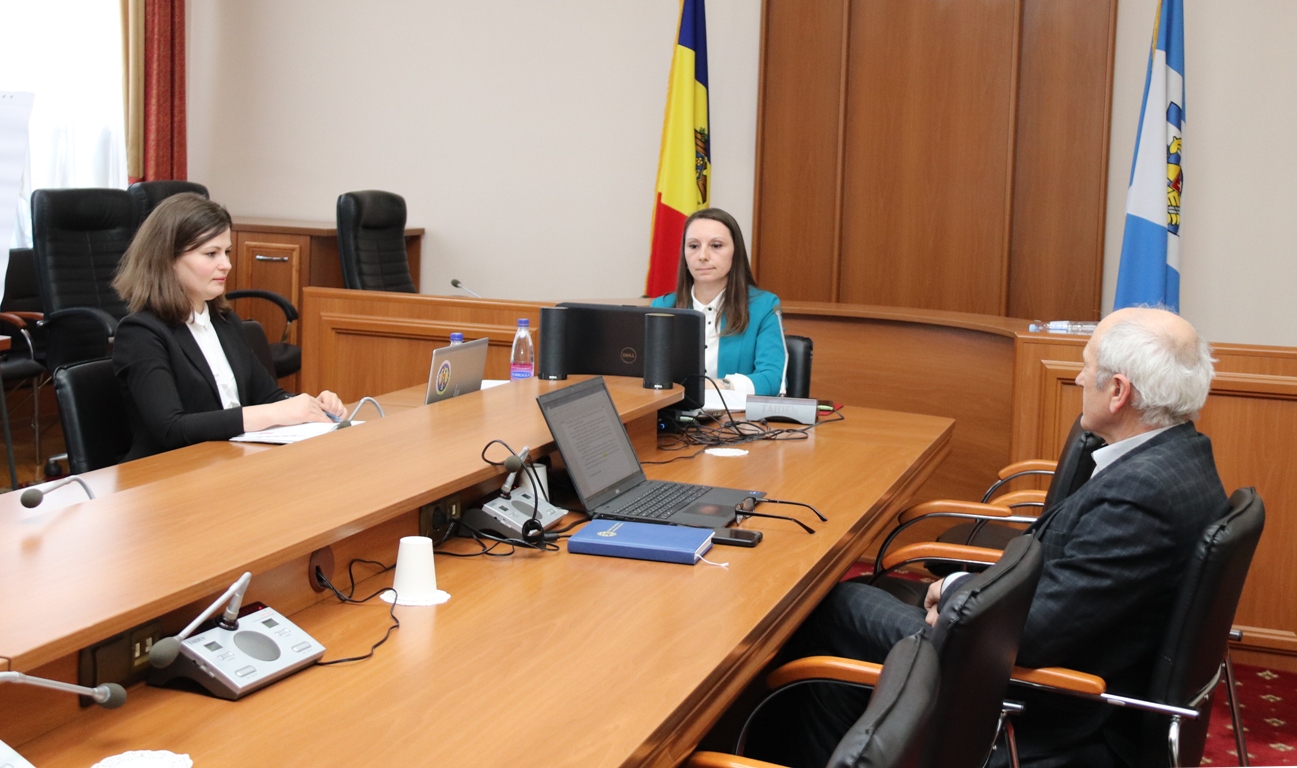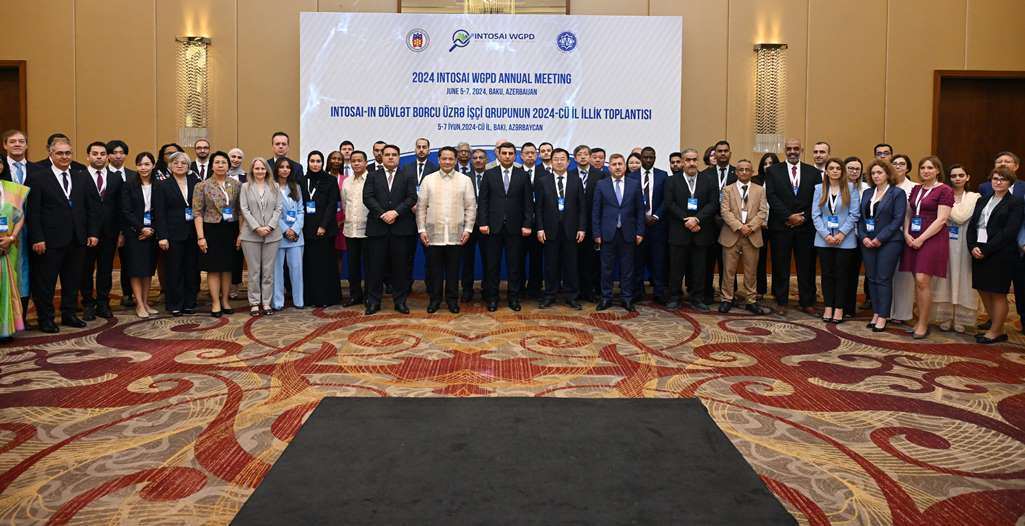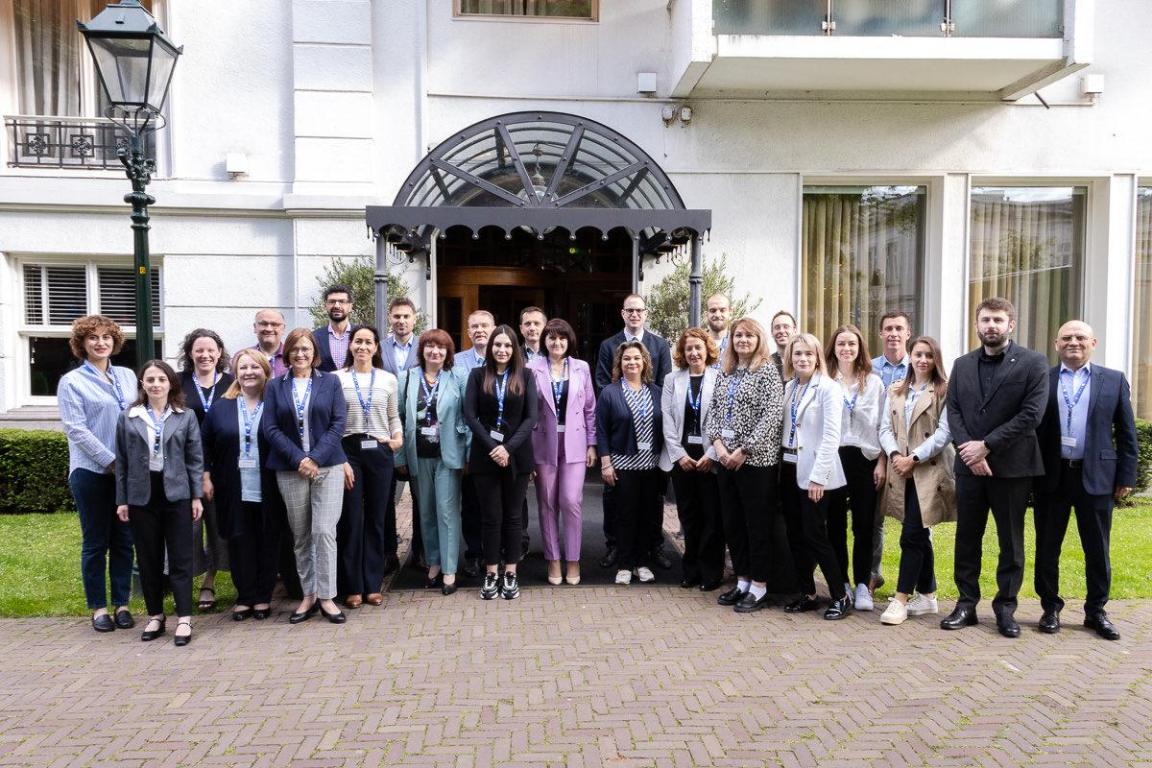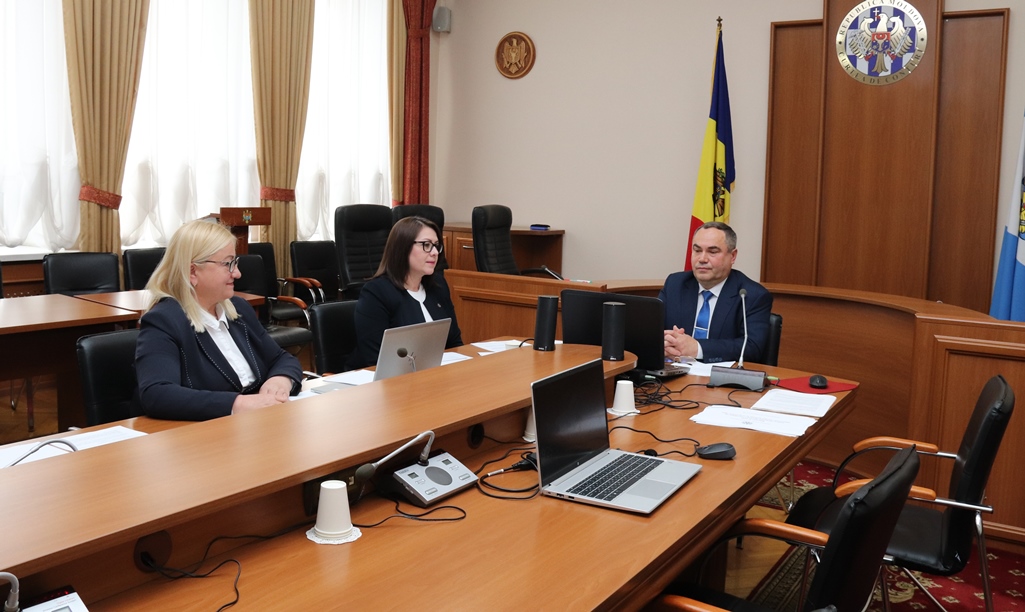
Although the regulatory and institutional framework necessary to ensure the creation and implementation of the Information System (IS) "Energy Vulnerability" (EVIS) has been established, there are certain deficiencies, including in the terms of application, functioning, as well as efficient management of the IS.
The Government of the Republic of Moldova ensured the creation of the Energy Vulnerability Reduction Fund to promote energy efficiency, as well as to finance programs to increase the accessibility of energy resources, intended for vulnerable consumers. According to the normative framework, the opportunity to implement the "Energy Vulnerability" Information System derives from the need to ensure the efficient activity of the Fund by ensuring the applicability of the energy compensation system for vulnerable citizens, as well as the implementation of financial aid programs for the efficiency of the consumption of energy resources. Thus, EVIS was implemented to manage and monitor the measures financed from the Energy Vulnerability Reduction Fund, the programs financed from the means of this fund, aimed at preventing and combating the energy vulnerability of the population and increasing the accessibility of energy among vulnerable consumers, as well as promoting increasing energy efficiency.
In this context, the Court of Accounts of the Republic of Moldova examined on April 30 the performance audit results "Does the "Energy Vulnerability" Information System (EVIS) contribute to an efficient mechanism for classifying household consumers in categories of energy vulnerability, as well as to management and monitoring of the measures financed from the Energy Vulnerability Reduction Fund?".
The purpose of the audit was to obtain sufficient and appropriate audit evidence on whether the responsible public authorities have created and achieved the necessary conditions for the implementation, management and effective use of EVIS, with the identification of risks and vulnerabilities that may affect its intended impact and determining opportunities for improvement.
The acquisition of services for the creation and implementation of EVIS (the "Energy Vulnerability" module and the "Ecovoucher" module) was carried out by the United Nations Development Program (UNDP) within the Project "Addressing the impact of the energy crisis of the Republic of Moldova". The initiation of solutions for energy security and energy poverty", during the years 2022-2023, and the development of the "Energy Vulnerability" module, also by UNDP within the Project "Implementation of the Fund to reduce Energy Vulnerability in the Republic of Moldova".
According to the data of the Ministry of Labor and Social Protection, during the cold period of 2022-2023, out of the total number of over 918 thousand households, over 700 thousand households were registered in EVIS. Of these, over 155 000 households benefited from compensation directly in their energy bills, according to the "medium" and "low" vulnerability categories. It should be noted that the value of the compensations granted during this period was over 3.7 billion lei, of which approximately 3 billion - granted to applicants registered in EVIS.
At the same time, the total value of the compensations for the months of November and December 2023 alone amounted to over 1 billion lei.
The audit results show that the actions taken for the implementation and development of the EVIS contribute, to a certain extent, to the achievement of its established purpose and objectives. In this sense, the legal and institutional framework related to EVIS is ensured, the implementation and operation and use of the System in the process of classifying household consumers in energy vulnerability categories, etc. However, in addition to the essential benefits offered by EVIS, the audit identified some problematic aspects and areas with increased risk probability, which require urgent actions and measures for their adequate management, in order to ensure the efficient use of public resources and the security of the System.
Audit checks and analyses show certain deficiencies and risks regarding the implementation, management and development of EVIS, with an impact on ensuring the achievement of its goals and objectives, the continuity and sustainability of the IS, including in the context of: lack of an exhaustive feasibility study; insufficient monitoring of the implementation of the System, where appropriate, lack of effective levers and the necessary tools, insufficient institutional capacities of the responsible authorities; insufficient communication and collaboration between responsible public entities; insufficient promotion and monitoring of the application of legal provisions in the field; staff fluctuation, including management within public entities, all these aspects, to a significant extent, contributed to delaying the implementation of actions.
According to the Court of Accounts, in order to exclude functional and institutional risks, it is necessary to strengthen the own capacities of the public authorities and institutions responsible for the implementation, management and use of EVIS, with the strict delimitation of functions and the provision of the necessary tools and levers for the efficient exercise of the delegated tasks. Thus, ensuring the correlation/balance between the tasks and responsibilities assigned to the entities, especially for the owner, holder and users of the IS through the lens of their institutional capacities (human, financial resources, etc.) is an indispensable condition for achieving the intended objectives of the IS. In the same vein, the need for effective collaboration between the responsible authorities, primarily the Government, the Ministry of Labor and Social Protection, the Ministry of Energy, the Agency for Energy Efficiency, the Public Institution "Electronic Governance Agency", as well as the EVIS registrars (public entities responsible for assisting certain categories of people to register them in the System), in order to create the necessary conditions for achieving the expected result.
In the context of the audit, a series of recommendations were submitted, primarily aimed at:
- improving the functionalities of the EVIS, as well as ensuring its efficiency and effectiveness, the sustainability and security of the IS;
- capitalizing on the EVIS advantages by as many beneficiaries, authorities and public entities as possible in the process of managing and monitoring the measures financed from the Energy Vulnerability Reduction Fund;
- improving and consolidating the normative-regulatory and institutional framework related to EVIS;
- improving inter-institutional and inter-sectoral communication, which will generate possibilities for faster and qualitative modernization of public services, etc.
 WITH DEFICIENCES OF VIEW
WITH DEFICIENCES OF VIEW Youtube
Youtube Facebook
Facebook


 print
print




